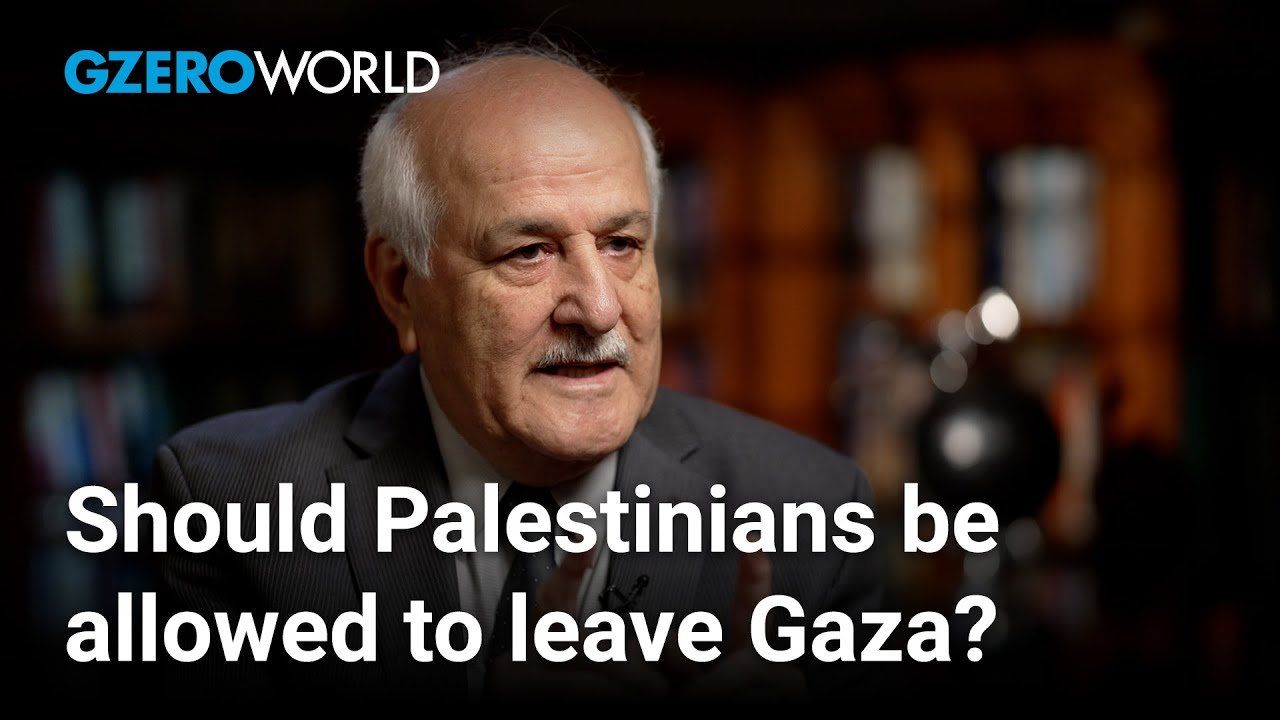
President Trump recently shocked the world by proposing that the United States take over Gaza and that displaced Gazans should be resettled elsewhere. On GZERO World with Ian Bremmer, Palestinian UN Ambassador Riyad Mansour pushes back, arguing that Palestinians are deeply tied to their land and will not abandon it—even in ruins. Mansour highlights the 450,000 Palestinians who marched back to North Gaza despite the destruction, illustrating their unwavering commitment to their homeland. “We have very, very strong attachment to the land, whether it is you have a palace on it or whether it is destroyed,” he says.
Mansour also warns that efforts to encourage Palestinian relocation—whether voluntary or forced—are part of a broader strategy to erase Palestinian identity. “The Zionist movement has been working all along to push the idea that Palestine is a land without a people,” he asserts, rejecting any large-scale displacement plans. Instead, he advocates for temporary housing solutions within Gaza as reconstruction begins. This exchange is part of a larger interview that Ian Bremmer filmed with Ambassador Mansour for the latest episode of GZERO World.
Watch full episode: Who gets to decide Gaza's future?
GZERO World with Ian Bremmer, the award-winning weekly global affairs series, airs nationwide on US public television stations (check local listings).
New digital episodes of GZERO World are released every Monday on YouTube. Don't miss an episode: subscribe to GZERO's YouTube channel and turn on notifications (🔔).